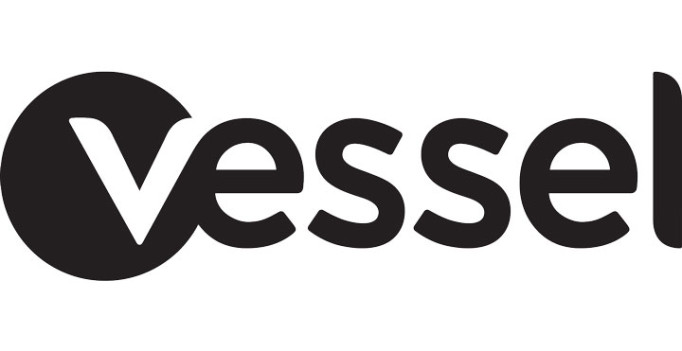In a blog post by CEO Jason Kilar, Vessel announced on March 7 that the service would be going ad-free, stating that “one of the most popular requests has been for an ad-free experience.” In the same announcement, Vessel also revealed their new payment plan. The standard $2.99 monthly subscription is still available; however, the service now offers a $19.99 annual subscription as well. Kilar then added that should users wish to continue without a subscription, they could do so on the free, ad-supported service.
Vessel first launched in early 2015 and resembles other video streaming services such as Hulu, and Netflix, with the closest comparison being YouTube. Vessel’s main draw for creators is the promise of greater earnings from the videos they produce and put on the site, and the main draw for viewers is the opportunity for early access to the content of their favorite creators, up to 3 days in advance of the content being available anywhere else online.
The second half of Kilar’s post attests to the success of this model, citing a few important figures. He states that the site has subscribers from more than 155 countries around the world, that creators using the sites paid subscription model “continue to earn more than $50 in revenue per thousand views,” and that the site now offers over 300,000 videos for its user base. Vessel also shows no sign of letting those numbers stagnate anytime soon, ending the post by stating that they are “in the process of experimenting with some full-year exclusives.” Though unclear exactly what this means, it could be taken to mean that they would start offering content from creators an entire year before it would be available anywhere else online, including the three mentioned in the post: Linus Media Group, Brittani Louise Taylor and JeromeASF.
These full-year exclusives could act as a similar feature to YouTube Red’s Originals, which began to release earlier this year. This would allow Vessel to remain on a competitive level with YouTube Red, offering unique programming first and keeping it exclusive to its own platform. Vessel’s previous update brought a feature to the service that helped creators engage with and expand their communities further, something YouTube has not done much to promote. The feature, called Threads, allows for more conversations to take place between creators and consumers.
With Vessel continuing to fill niche holes left in YouTube’s model, and now beginning to experiment with new content models, the service could provide some proper competition to Google’s ubiquitous service.
